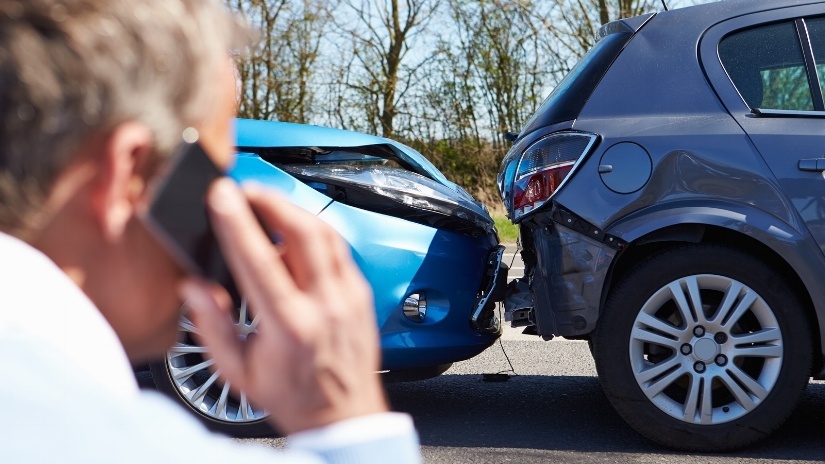 Fleet managers regularly need to deal with accidents. It’s a fact that 50% of corporate vehicles will incur an accident or incident each year - from minor scrapes to serious road accidents involving other vehicles- the key is for every fleet manager to have a process guideline for dealing with the aftermath of an accident. These will differ depending on company policy, as well as insurance requirements, but as a here's what fleet managers need to do after an accident:
Fleet managers regularly need to deal with accidents. It’s a fact that 50% of corporate vehicles will incur an accident or incident each year - from minor scrapes to serious road accidents involving other vehicles- the key is for every fleet manager to have a process guideline for dealing with the aftermath of an accident. These will differ depending on company policy, as well as insurance requirements, but as a here's what fleet managers need to do after an accident:
The Driver
Your first responsibility is to ensure the driver is safe and, if he / she needs medical attention, you must ensure they receive it immediately and that all necessary internal paperwork is filed.
Vehicle damage assessment
Next you need to have the vehicle damage assessed – where and how this is done will depend on the extent of the damage and the requirements of your insurance company. Remember that your fleet represents your business brand, so even small scrapes or bumper bashings should be fixed as soon as possible. Aside from image, even minor damage such as paint scratches can eventually lead to further damage (rust, for example) that will cost more to fix the longer you leave it.
Know your insurance process
Fleet managers need to be well-acquainted with the necessary insurance processes in the event of an accident. This ensures you get everything handled as quickly as possible. The last thing you need is for repairs to be delayed due to outstanding / incorrect paperwork.
Scheduling changes
If either the driver or the vehicle is going to be out of rotation for a while, you will either need to adapt you fleet schedule to accommodate, or bring in a temporary driver / vehicle rental. Most fleet managers should have a game-plan for such situations so that it doesn’t affect fleet productivity. That said, it’s not always that easy to accommodate vehicle downtime as there are many factors that need to be considered:
- Type of vehicle - if it’s a specialised vehicle, it might not be easy to find a temporary replacement on short notice.
- Replacement parts – you’ll need to find out if parts are readily available and how long it will take for your vehicle to be repaired
- Insurance – you may need additional insurance for the temporary replacement vehicle
- Cost & Budget - Fleet managers need to accurately calculate the cost of each incident / accident to reflect on the overall fleet budget. Keeping track of all such costs is the only way you can get a clear picture of how much accidents cost your fleet each year – that also helps you estimate how much you need to set aside for accidents each year (although it will still vary). And it’s not just the repair costs, depending on the situation you will have to include vehicle downtime, vehicle rental, and any loss in revenue due to one of your vehicles being out of rotation.
In addition to all of the admin, scheduling and costing, fleet managers need to collect all data related to any accident. If you have a telematics / tracking system in place, you’ll be able to gather all necessary data such as vehicle speed, as well as any erratic driving patterns before the accident took place. With onboard cameras, fleet managers can get even get detailed visuals to see exactly what happened. Many insurance companies also prefer camera evidence.
The admin that comes with a fleet vehicle accident can often be daunting. There’s a lot of detail to keep track of many processes that need to be followed to the letter in order to keep things flowing smoothly. Add in any telematics data (that needs to be sorted through and logged), and one vehicle accident can result in hours upon hours of extra work.
This is one of the key areas where a professional fleet partner will save your business a lot of time and money. By managing the admin, scheduling and repairs process, they not only help lighten the load, but can also make professional recommendations and help you streamline the process and even reduce the number of accidents overall. Just looking at the list above is reason enough to at least consult with a professional fleet company to see how they can help.
